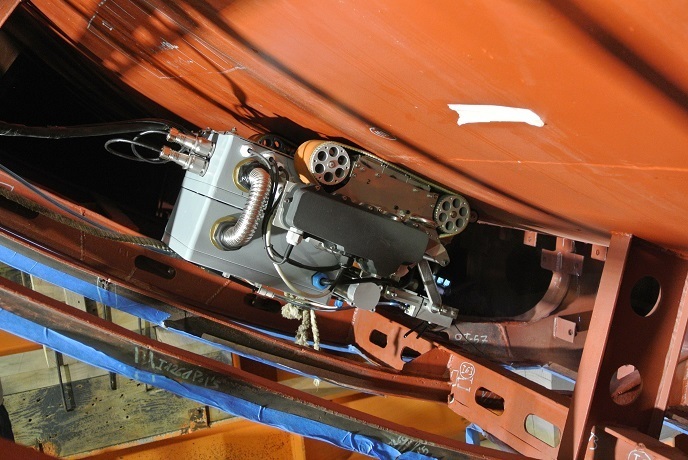Sea-sickness solutions
COMPASS has guided the shipbuilding and cruise holiday industries down the path to improved comfort for their passengers. This European funded project aimed to redress the problems caused by outmoded data on motion sickness. Once other comfort factors are taken into account, the design of a vessel and their incorporation into the final recommendations for optimum comfort and safety is a complex situation. A holistic study of the main comfort parameters such as lighting, temperature, noise, vibration and motion was therefore essential. Consortium partners of COMPASS, SES Europe AS based in Norway, conducted major studies over a six-year period. The aim was to assist ship designers in achieving the optimum combination of features in various vessels. These included a 280-capacity conventional catamaran on an inter-city route to the west of Norway. At the end of the project, SES had devised a new high-speed vessel concept called Air Supported Vessels. Furthermore, they collaborated with other partners to create a comfort data sample with respect to a conventional cruise ferry sailing between Stockholm and Helsinki in the Baltic Sea. This can be a gruelling 16-hour journey if one experiences motion sickness. The novel feature of this study was that simultaneous measurements of ship parameters and human responses were recorded. Feedback from over 1300 passengers on four trips was included in the dataset. Vibration and noise, both major source of discomfort, were also measured at points distributed through the ship. Competition within the leisure vessel industry is fierce and a large proportion of the emphasis is based on passenger well being as luxury features become more standard in ships. Incorporation of this comprehensive data is set to continue to improve the performance of the European ship-building industry as well as the comfort rating for passengers. Possible applications include offshore floating and semi-submersible units.





